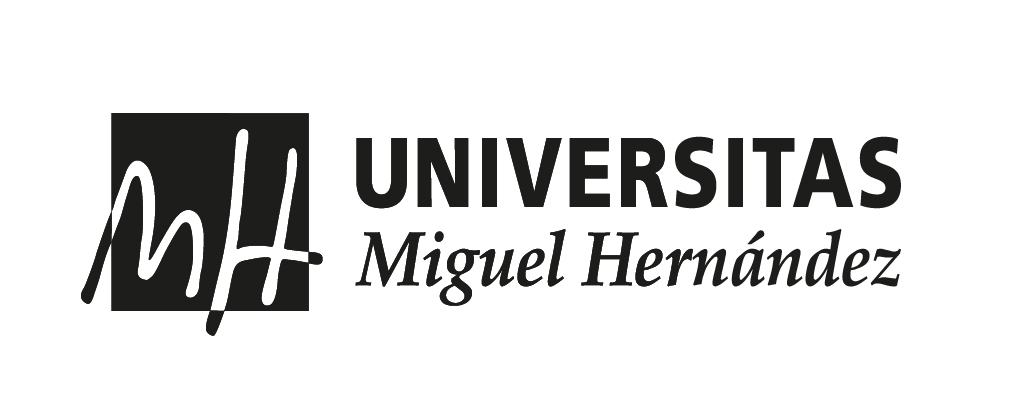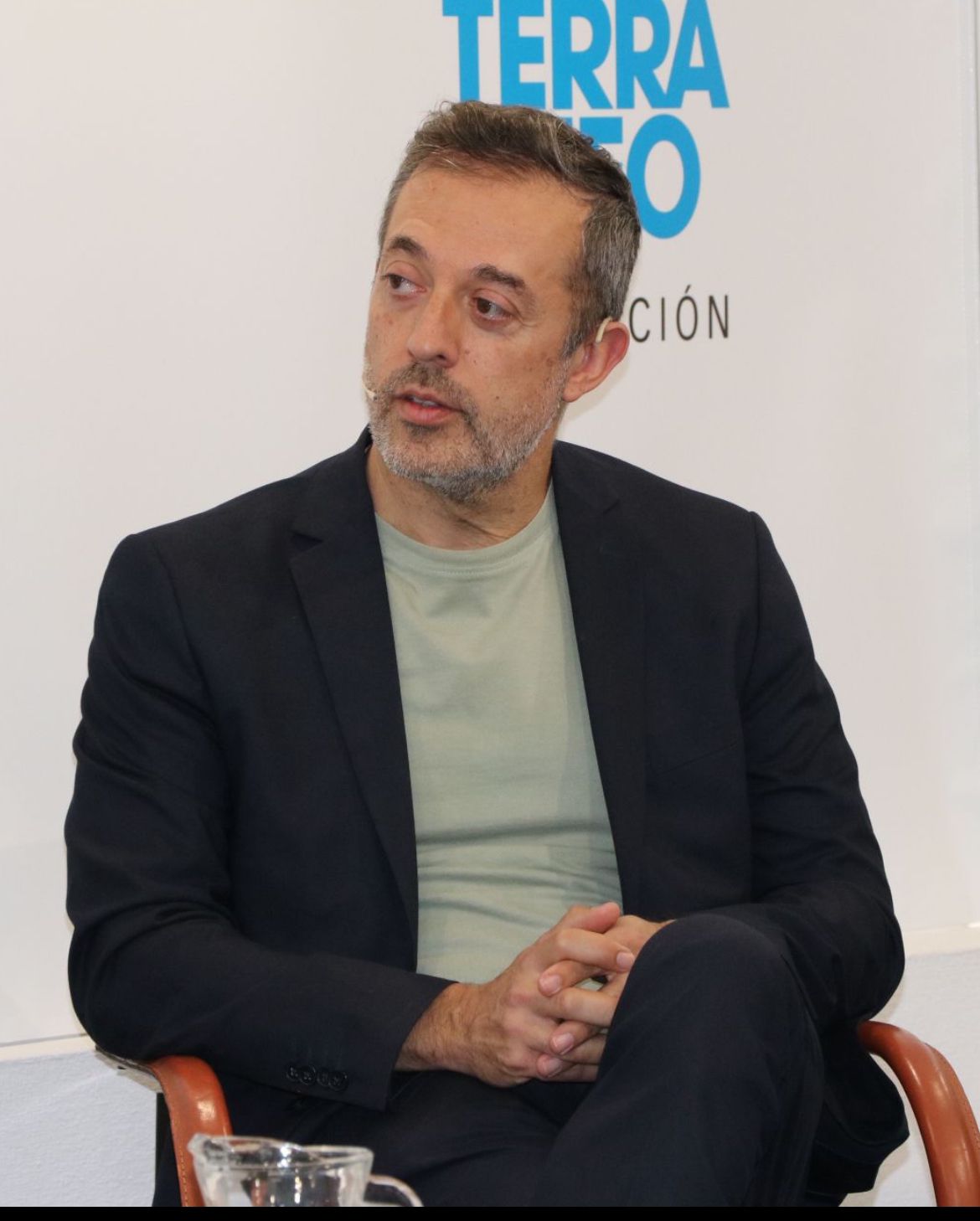My research has focused on Computational Econometrics, concretely in the resolution and finding of Simultaneous Equation Models (SEM) in high performance systems and its application in modeling problems in Health Sciences. I have experience in the use of libraries such as Lapack, Blas, ScaLAPACK, MKL, etc. and parallel programming in MPI, OpenMP and CUDA. I have worked with different computers and clusters belonging to Murcia University, Universidad Politécnica de Cartagena and Universitat Politècnica de Valéncia. Furthermore, I have research working in various supercomputing centers, I would like to highlight Marenostrum (BSC, Barcelona) in 2006 and 2007, the Supercomputing Center of Murcia (Science Park, Murcia) from 2009-2012, FERMI (CINECA, Italy) and SuperMUC (Leibniz Supercomputing Center, Germany) 2015-2016.
I have worked in the development of algorithms for solving parallel SEM working in parallel programing. I have had the opportunity to work with Professor Antonio M. Vidal of the Universitat Politècnica de València in the use of matrix decomposition to reduce computational cost in solving SEM. Also, developing an algorithm for solving SEM based on the Steiner tree in which the reduction of computational cost and the use of memory allowed solving a SEM with many variables in a short time, and therefore be able to solve many SEM in a short time.
I have focused my research on finding the best SEM for a given problem. I have worked, in the first instance, on genetic algorithms and on genetic algorithms with advanced search as improvement, using heuristic techniques. I worked in the comparison between different metaheuristics (Grasp, Scatter Search, genetic algorithms, etc.) finally developing an algorithm that finds the best metaheuristic combination (or combination between them) to use them in obtaining the best SEM for a given data set.
Since 2009, I have collaborated with several researchers of Epidemiology and Public Health, and Gynecology at the University of Murcia and Miguel Hernandez University of Elche and the Virgen de la Arrixaca and Reina Sofia Hospital of Murcia, among others. I was able to work with them using many different statistical databases and obtaining relevant results in studies of semen quality, polycystic ovary or preeclampsia, among other models.
The experience acquired in Genetic Algorithms and high performance computing has allowed me to work on other problems such as assigning tasks to processors in a multiprocessor or obtaining efficient solutions in the data envelope analysis.
I have also worked on the study of user interfaces within the field of Human-Computer Interaction. The experience gained in this field gives me a high training for the development of accessible and usable interfaces that enable user interaction between people (of a particular nature) and a software to solve a given problem.
I have experience in high performance computing, parallel programming shared memory, message passing and GPU. I have worked on econometric models and developed algorithms that obtained from a data set, using metaheuristics. With the latter, I have worked on its comparative and application. I have also worked on the statistical modeling problems in different Health Sciences having experience in working with numerous researchers and databases. Finally, I worked on user interfaces.
| Researcher ID | 1-1036-2015 |
| Organism | Miguel Hernández University |
| Address | University Avenue, Elche |
| Department | Statistics, Mathematics, Computing (Languages and Systems area). Operation Research Institute |
| Espec. cód. UNESCO | 120302 – Algorithmic Languages; 120304 – Artificial intelligence; 240401 – Statistics; 321000 – Preventive medicine |
| Key words | Parallel Computing; Econometrics; Algorithms; Biostatistics; Artificial intelligence; Public Health |
Mathematical degree
01/10/2003
Murcia University, Spain
Computing engineering degree
01/10/2006
Murcia University, Spain
Journalism degree
01/10/2012
Murcia University, Spain
Advanced Studies certificate. Sciences and Engineering program.
31/07/2006
Murcia University, Spain.
Master’s degree in Parallel and Distributed Computing, Dept. of Computer Systems and Computation.
31/01/2009
Polytechnic University Valencia, Spain (900 hours)
Master’s degree in Computer Engineering and Applied Mathematics, Dept. of Computer Science and System
01/10/2010
Murcia University (600 hours)
Thesis. PhD in Computational Statistics. Title: »Computational aspects of resolution and modelling of simultaneous equations models.»
Director: Domingo Giménez Cánovas
Mark: Distinction cum lauden.
Faculty of Informatics, University of Murcia. 22/12/2009
MEMBER OF SCIENTIFIC SOCIETIES
Statistics and Operations Research Society
2011-present
International Association for Statistical Computing
2011-present
National Computing Network for High Performance on Heterogeneous Parallel Architectures
2008-present
RESEARCH GROUPS
Jose J. belong to the Center of Operation Research (http://cio.edu.umh.es/) and is the director of the research group “Mathematical modelling in supercomputers and high-performance systems” composed by researchers from Miguel Hernandez University and Murcia University (https://www.umh.es/contenido/Universidad/:uor_1128_133/datos_en.html).
The Group of Mathematical Modelling in Supercomputers and High Performance Systems is an interdisciplinary endeavor comprised of UMH computer engineers and mathematicians in addition to health sciences investigators from the Faculty of Medicine at the University of Murcia and Virgen de la Arrixaca Hospital.
This group develops and analyzes algorithms proposed by an econometric model of data from variables, as well as their implementation in parallel programming (shared and distributed alike), and the application of said algorithms to acquire models in health sciences problems.
Specifically, this group is engaged in the study and development of algorithms that, based on a previous data set from a set of variables, find an econometric model that relates the proposed variables. Research is conducted primarily on simultaneous equation models (SEM), VAR models, and HM models, which are techniques especially extended to economic modeling used on basic problems, such as the supply and demand model, and famous economic models, including those by Klein and Keynes. This group also examines the use of convolutional codes, control theory, and pattern recognition in data modeling.
The research aims to apply the proposed models to problems in health sciences with variables that have simultaneous influence or whose data history influences the current state (time series).
With this objective in mind, the group examines heuristic and metaheuristic algorithms and artificial intelligence techniques in general in the search for models. In the case of metaheuristic algorithms, efforts are made, above all on genetic algorithms, Scatter Search, GRASP, and Tabu Search, plus combinations of them.
This group also strives to study and develop these search algorithms in high-performance systems (supercomputers, computer clusters) and in small systems (multi-core, GPU), through the use of parallel programming, in both shared as well as distributed memory, which make medium/large models viable.
FELLOWSHIPS AND AWARDS
Distinguished teaching in Miguel Hernández University.
2004, 2005, 2006, 2007, 2012, 2013, 2014, 2015, 2016 and 2017
Miguel Hernández University
Distinguished For research productivity.
2014, 2015, 2016 and 2017
Miguel Hernández University
Innovative directional communication, marketing and press office.
2014
Miguel Hernández University
MEMBERSHIP OF COMMITTEES
Technical National Commission Expert of the Project Evaluation in Health Research.
2013 – present
Area of Epidemiology, Public and Occupational Health. For the state plan of scientific and technical research and innovation, Ministry of Economy and Competitiveness (through Carlos III Institute)

